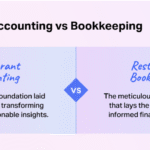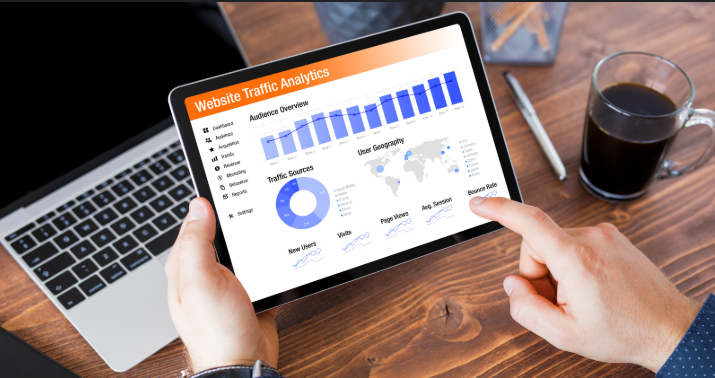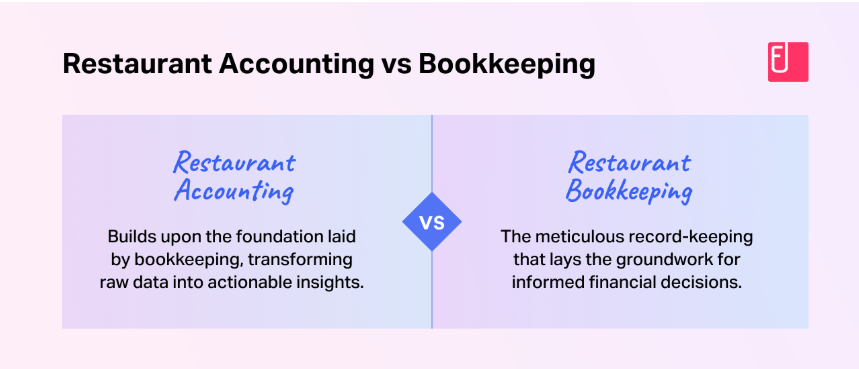Ranking your website higher on Google is one of the main factors in attracting organic traffic and gaining more customers. With billions of searches performed every day, appearing at the top of search results can be the difference between success and invisibility in the digital world. If you want to boost your website’s visibility, this article provides practical and effective strategies to help improve your ranking on Google.
1. Understand How Google’s Algorithm Works
The first step in improving your website’s ranking is to understand, even at a basic level, how Google’s algorithm evaluates pages. Google uses hundreds of ranking factors to determine which sites appear at the top of the search results. The most important factors include:
- Content quality: Google values original, relevant, and well-structured content.
- Keywords: It’s crucial to use strategic keywords that are relevant to your target audience.
- User experience: Fast, secure, and easy-to-navigate websites have a better chance of ranking well.
- Site authority: Quality backlinks pointing to your site increase its credibility.
2. Create High-Quality Content
Content is the heart of any Search Engine Optimization (SEO) strategy. A website that offers valuable and relevant information has a much better chance of being ranked at the top. Follow these practices:
- Research keywords: Use tools like Google Keyword Planner or Ubersuggest to identify keywords with good search volume and low competition.
- Produce in-depth and detailed content: Articles that solve problems or provide complete solutions tend to attract more visitors and engagement.
- Update regularly: Outdated content can lose relevance. Review and update old posts to maintain quality.
3. Optimize On-Page Elements
On-page optimization refers to the practices applied directly to your website’s pages to improve their rankings. Key aspects to consider include:
- Titles and Meta Descriptions: Write compelling titles and meta descriptions that include primary keywords. They directly influence click-through rates (CTR).
- SEO-friendly URLs: Use short, descriptive URLs containing primary keywords.
- Optimized images: Compress images to improve loading times and add alt text to help Google understand their content.
- Content structure: Use headings (H1, H2, H3) to organize text and make it easier for users and search engines to read.
4. Improve Website Speed
Loading time is a crucial factor for ranking on Google. Slow websites not only drive visitors away but are also penalized by Google’s algorithm. To optimize speed:
- Reduce image sizes: Use lightweight formats like WebP and compression tools.
- Enable browser caching: This helps load the site faster for returning visitors.
- Minimize code: Remove unnecessary scripts and CSS to make the site leaner.
- Use a CDN: Content Delivery Networks (CDN) speed up content delivery, especially for users far from the main server.
5. Invest in Link Building
Link building is a key strategy for increasing your site’s authority. Google views external links as “votes of confidence,” which enhances your reputation. However, it’s not just about getting links; the focus should be on quality.
- Guest posts: Write articles for other blogs and include links back to your site.
- Create shareable content: Infographics, case studies, and detailed guides tend to attract natural links.
- Avoid bad practices: Purchased or low-quality links can harm your rankings.
6. Prioritize User Experience (UX)
Google values websites that provide a good experience for visitors. Key aspects to consider include:
- Responsive design: Ensure your site is fully functional on mobile devices.
- Intuitive navigation: A clear and well-structured menu helps users find what they’re looking for quickly.
- Dwell time: Attractive and well-presented content encourages users to stay longer on your site, which sends positive signals to Google.
7. Use Google My Business
If you run a local business, setting up and optimizing your Google My Business profile can help highlight your brand in local search results. Make sure to:
- Fill in all information, such as address, phone number, and hours of operation.
- Encourage customers to leave positive reviews.
- Post regular updates to engage your audience.
8. Monitor Results and Adjust Your Strategy
SEO is not an overnight strategy. It’s an ongoing effort that requires constant monitoring and adjustments. Use tools like Google Analytics and Google Search Console to track:
- Keywords that generate the most traffic.
- Bounce rate.
- Top-performing pages.
Based on this data, you can adjust your strategy to maximize results.
9. Consider Hiring an SEO Agency
If SEO strategies seem complex or time-consuming, partnering with a specialized SEO agency can be the best choice. These professionals have the expertise to identify opportunities and create customized plans to improve your website’s ranking on Google.
An SEO agency can also help avoid common mistakes, such as black hat SEO practices, which can lead to site penalties.
Conclusion
Improving your website’s ranking on Google requires effort, strategy, and patience. By following the tips presented in this article, you’ll be on the right track to gaining more visibility, traffic, and conversions. Remember: SEO is a long-term investment, but the results can transform your business’s online presence.
Now it’s time to put these strategies into action and watch your site climb the search rankings!












